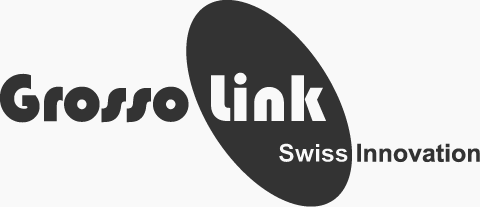In recent years, China’s relentless pursuit of technological advancement has led to remarkable developments in various industries. One such domain is the sensor industry, where the country is making significant strides in strengthening its supply chain and fostering domestic champions. However, this progress has not escaped the watchful eyes of international observers, especially from the United States and Europe.
China’s Determined Efforts to Strengthen Sensor Industry
China’s focus on “filling the gaps,” “solidifying the chain,” and “strengthening the chain” within the sensor industry has drawn praise from experts worldwide. By investing in specialized design software and production technology, they have aimed to enhance the overall sophistication of their sensor industry. Notably, the integration of MEMS technology with IC technology has brought about a modernized approach to sensor manufacturing, allowing China to compete at a global level.
Critics from the West, however, view China’s aggressive expansion in the sensor sector with cautious eyes. They argue that this strategic push might grant China an edge in the international market, potentially posing a challenge to established American and European sensor manufacturers. Concerns about intellectual property rights and fair competition arise, prompting Western nations to contemplate their response to this growing competition.
Nurturing Chinese Sensor Pioneers and Attracting Talent
China’s emphasis on creating a breeding ground for pioneering sensor companies has sparked admiration and concerns alike. By fostering a nurturing environment for indigenous sensor technology, the country seeks to close the gap between its products and those of leading Western competitors. The establishment of specialized centers like the “Intelligent Sensor Innovation Center” demonstrates China’s determination to develop cutting-edge technology.
From a Western perspective, there is a strong interest in understanding how these efforts will impact the global sensor market. Some experts argue that the rise of Chinese sensor companies could lead to a more diversified market with increased innovation and technological breakthroughs. At the same time, others fear that this development could disrupt Western manufacturers’ market share and potentially lead to a shift in global dynamics.
Addressing the “Component Deficit” and Collaborative Solutions
The issue of China’s reliance on foreign imports for crucial sensor components remains a contentious topic. While China has made significant strides in various aspects of sensor manufacturing, the dependence on foreign suppliers for core components raises questions about the country’s long-term sustainability and self-reliance.
China’s determination to address the “component deficit” by mobilizing resources and collaborating with key stakeholders has garnered international attention. The notion of “cooperative technology breakthroughs” that transcends industry and professional boundaries has earned praise for its innovation-centric approach.
However, some skeptics view this effort as a potential avenue for forced technology transfer and intellectual property infringement. They caution Western businesses and governments to be vigilant and assertive in safeguarding their technological know-how.
Conclusion
China’s rapid ascent in the sensor industry represents a testament to its ambitions of becoming a technological superpower. The nation’s strategic focus on strengthening the sensor industry supply chain, nurturing local pioneers, and resolving the “component deficit” has garnered both admiration and skepticism from international observers.
As the global sensor landscape evolves, it is evident that China’s advancements will significantly influence the dynamics of the industry. How this will play out in the coming years will likely be a critical focal point for analysts, policymakers, and businesses worldwide. For now, all eyes are on the progress of China’s sensor industry and its implications on the global stage.

